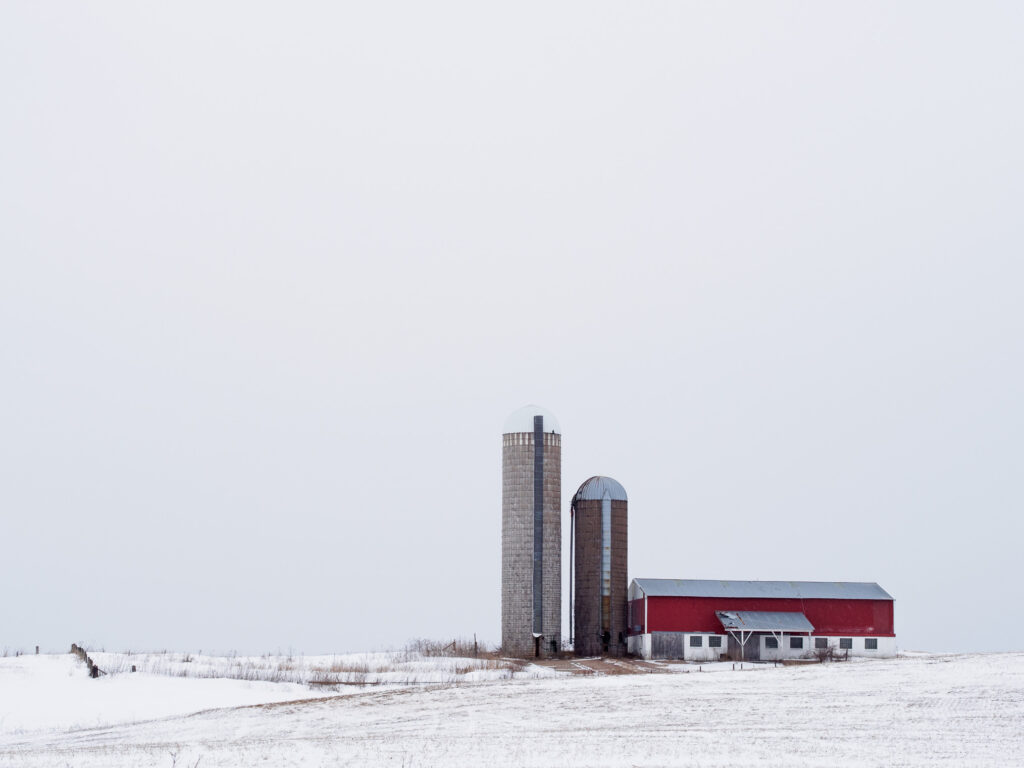Amidst the backdrop of shifting federal policies, farmers in western Wisconsin voiced their concerns at a recent town hall organized by the Wisconsin Farmers Union in Chippewa Falls. The event was marked by the absence of Republican lawmakers, despite invitations, with only Democratic U.S. Rep. Mark Pocan and several Democratic state legislators in attendance.
The Trump administration’s decision to halt federal payments, including grants and aid, has sparked unease throughout the agricultural community. The administration’s moves, such as freezing grants and ordering staff reductions at the USDA, combined with the looming threat of tariffs and a strict stance on immigration, have intensified fears among farmers.
Two farmers present at the town hall revealed that their USDA grant payments had been put on hold. Chris Burkhouse, who had traveled from Polk County, shared her personal story of losing a grant-funded job with a nonprofit that assisted new produce farmers.
Burkhouse recounted how the organization advised her to pause work following the executive order on federal payment suspension. “A couple days later, they said I should probably start looking for another job because they couldn’t guarantee that they were getting funds to continue that work,” she explained, noting she knew others in similar positions also facing layoffs.
Despite assurances from U.S. Rep. Tom Tiffany’s office that the freeze is temporary, Burkhouse remains skeptical about the broader impact of these policies. She is now seeking new employment opportunities while working as temporary summer help for farmers she once trained. “I’m going to be working for them, which is great,” she remarked. “But I do need something else, too, because I’m 58.”
Tariffs and Aid Cuts Stir Anxiety Among Farmers
Les Danielson, a Cadott grain and dairy farmer and local supply cooperative board member, highlighted concerns over potash fertilizer availability during the town hall. This vital resource, primarily imported from Canada, faces potential impacts from proposed 25 percent tariffs by the Trump administration.
“As we go into planting season, a lot of the co-ops have their sheds full of potash right now,” Danielson stated. “But those sheds have to be turned two or three times, meaning we can’t store everything. It would be nice if we could just bring it across the border, have it and not worry about the tariffs.” He emphasized that the tariffs add uncertainty to fertilizer costs for farmers.
Additionally, farmers expressed apprehension over proposed federal budget cuts, with Republicans suggesting up to $2 trillion in reductions to fulfill legislative priorities.
Taya Schulte from Wheeler voiced her worry over potential cuts to the Supplemental Nutrition Assistance Program (SNAP), which could affect national food spending. “It’s really scary as a farmer who is passionate about seeing my community fed, but it’s also business,” she said. Schulte explained that SNAP benefits help drive sales at farmers markets and other retail outlets.
Schulte noted that SNAP incentives at farmers markets double the purchasing power for recipients, making market participation more viable for farmers. “A lot of times what really makes [farmers markets] worth it is the [SNAP] market bucks that gives our customers double the buying power,” she added.





